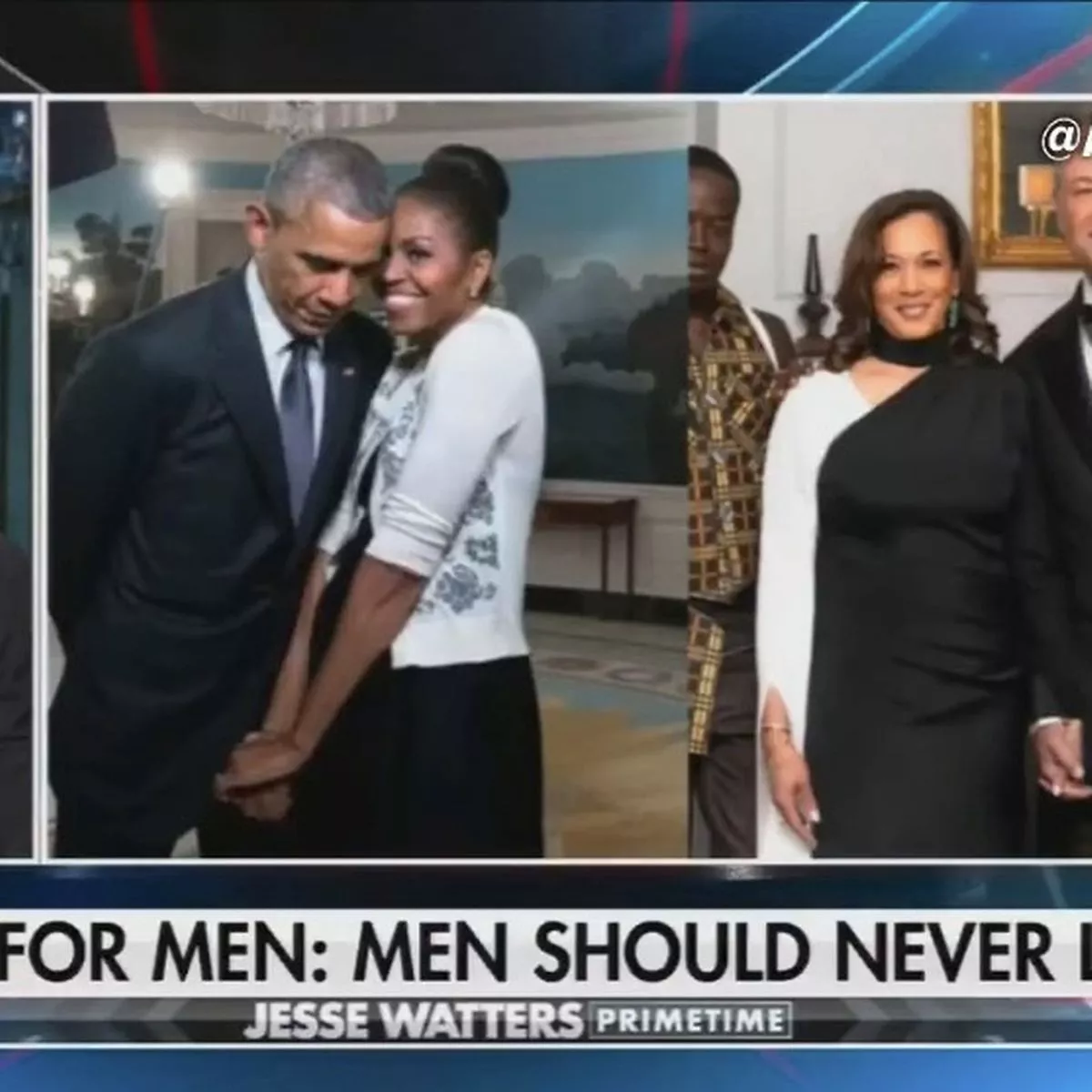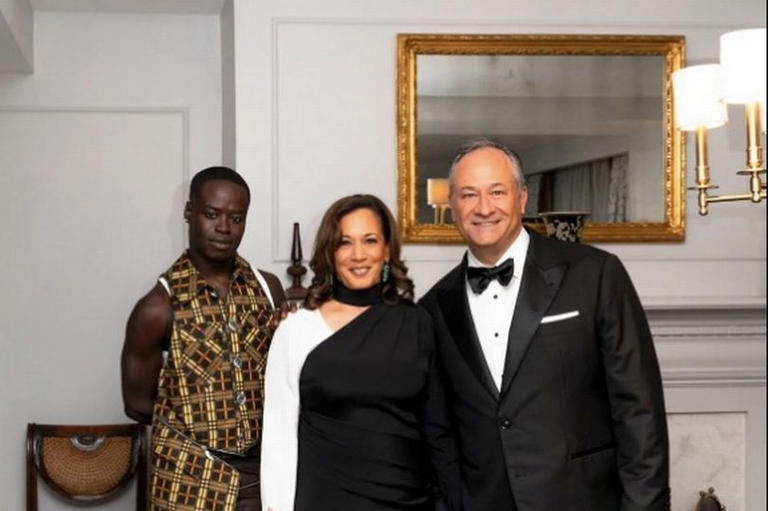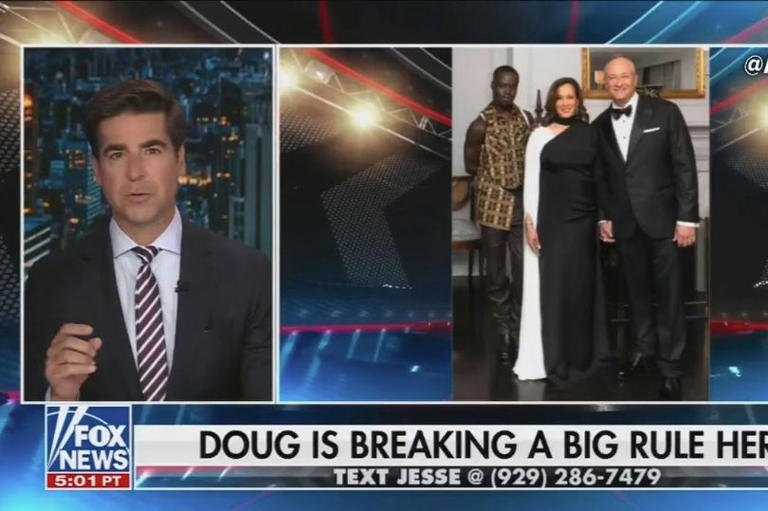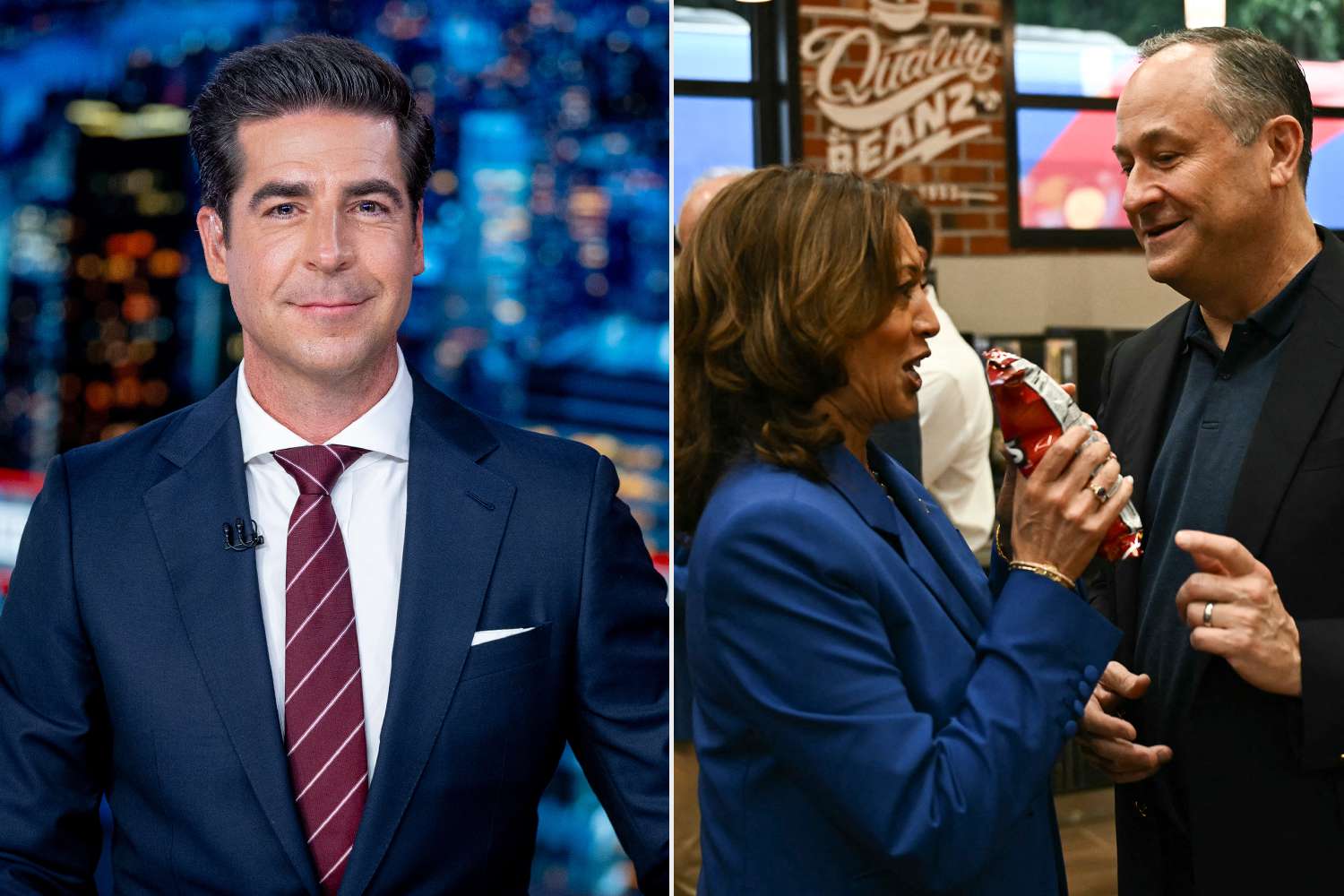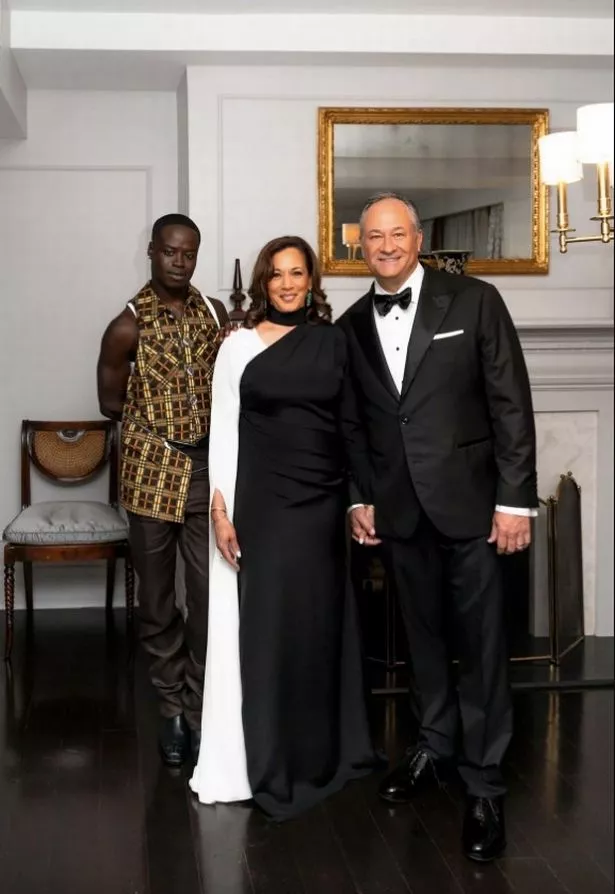Fox News host Jesse Watters brands Doug Emhoff ‘not manly’ for leaning into Kamala Harris
In a recent segment on Fox News, Jesse Watters stirred controversy by criticizing Doug Emhoff, the husband of Vice President Kamala Harris. During a public appearance at the Met Gala, Emhoff was observed leaning into his wife, which Watters described as “not manly.” He argued that Emhoff’s posture demonstrated a lack of traditional masculinity, claiming it signaled a submission to Harris and deviated from conventional gender norms. Watters introduced his own concept—the “Green Line Rule,” suggesting that the individual who stands upright in a relationship personifies power, while the one who leans communicates a sense of dependency.
The Response to Watters’ Remarks
The backlash on social media was immediate and intense. Users across platforms expressed disbelief that such an antiquated standard of masculinity could be taken seriously in today’s society. Many commentators observed that Emhoff’s behavior was more reflective of affection and support rather than weakness. Critics lambasted Watters for perpetuating outdated views on masculinity while encouraging a more progressive interpretation of gender roles. The discourse surrounding Emhoff’s actions indicates a growing shift in societal expectations regarding displays of emotion and solidarity among couples, regardless of gender.
The Masculine Standards Debate
Watters’ comments also reignited a larger discussion about the expectations of masculinity in modern culture. In previous comments, he has drawn criticism for implying that men who work behind screens adopt traditionally feminine traits. This theme of associating physical posture and behavior with strength or weakness has been a point of contention for many. Critics of Watters argue that defining masculinity solely by physical statements and traditional roles limits the understanding of male identity. They insist that emotional support, being present for one’s partner, and mutual respect should be paramount, transcending any conventional notions of strength.
Media Representation and Gender Roles
The conversation surrounding Watters’ remarks also sheds light on how media representation influences perceptions of gender roles. Television pundits wield considerable power in shaping societal narratives, and comments like those made by Watters can perpetuate harmful stereotypes. In a climate where equality is increasingly prioritized, males displaying emotional vulnerability can be seen as a progressive step, one that can strengthen relationships rather than weaken them. As society progresses, the need for healthy discussions around masculinity and emotional expression becomes even more critical, moving away from rigid definitions towards a more inclusive perspective.
Conclusion
The backlash against Jesse Watters’ remarks highlights an essential conversation regarding masculinity, emotional support, and the dynamics of modern relationships. As we continue to navigate societal expectations, it’s crucial to redefine what it means to be “manly” in today’s world. Advocating for a more inclusive understanding of masculinity that embraces emotional intelligence and support can only lead to healthier relationships. Let’s promote discussions that encourage empathy and respect among all partners. Join the conversation and share your thoughts on what modern masculinity means to you!
